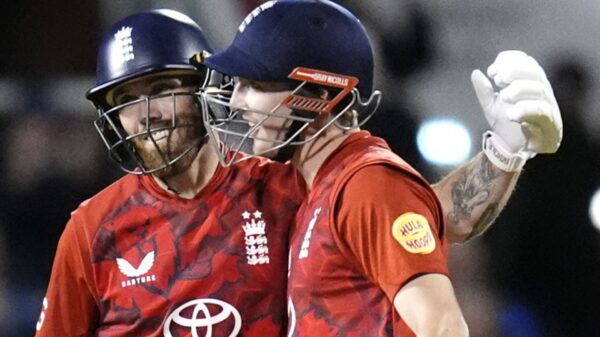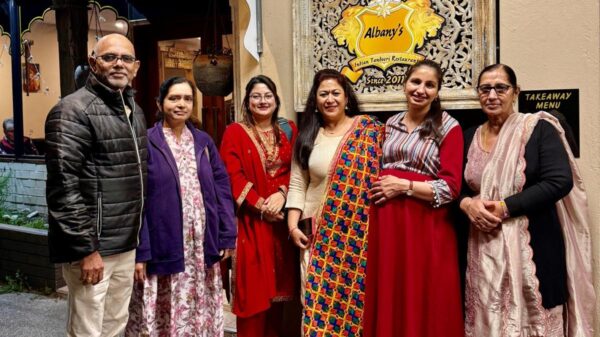Research has long suggested that women may require more sleep than men, with various sources claiming a difference of one to two hours. However, a closer examination of the evidence reveals a more nuanced picture regarding sleep patterns and quality. This inquiry delves into the biological, psychological, and societal factors that influence women’s sleep, drawing on insights from sleep psychology and recent studies.
The Research Landscape on Sleep Duration
Studies measuring sleep duration often employ two primary methods: self-reporting and objective tracking. Self-reported sleep data can be misleading, as individuals frequently misjudge their sleep duration. Conversely, studies utilizing wearable sleep trackers or polysomnography—considered the gold standard in sleep research—provide more accurate insights.
A comprehensive global study involving nearly 70,000 participants who wore sleep trackers found that women tend to sleep approximately 20 minutes longer than men across various age groups. Notably, the difference was about 23 to 29 minutes for those aged 40 to 44. Another significant study using polysomnography indicated that women slept roughly 19 minutes longer than men and spent more time in deep sleep (23% compared to 14% for men).
While these findings suggest that women may sleep slightly more, they also highlight an essential caveat: sleep needs are highly individualistic. Just as height varies from person to person, sleep duration cannot be universally prescribed. Assuming that all women require additional sleep oversimplifies a complex issue.
Understanding Quality of Sleep
Despite the slight increase in sleep duration, women often report poorer sleep quality. Research indicates that they are around 40% more likely to be diagnosed with insomnia compared to men. This discrepancy between laboratory findings and real-world experiences poses a challenging puzzle for researchers.
Many studies overlook significant factors that can influence sleep, including mental health, medication usage, alcohol consumption, and hormonal changes. These variables shape the sleep experiences of women in everyday life, complicating our understanding of sleep health.
Biological factors begin to diverge between genders around puberty and intensify during significant life stages such as pregnancy and perimenopause. Fluctuations in ovarian hormones like oestrogen and progesterone can significantly impact sleep quality. For instance, many women report worsening sleep around the premenstrual phase, coinciding with hormonal changes.
The decline in oestrogen during perimenopause is particularly linked to increased sleep disturbances, including the tendency to wake during the night. Additionally, certain health conditions, such as thyroid disorders and iron deficiency—which are more prevalent in women—are associated with fatigue and disrupted sleep.
Psychological factors also play a vital role. Women are statistically more likely to experience depression, anxiety, and trauma-related disorders, all of which can exacerbate sleep issues. Cognitive patterns such as worry and rumination, which are more common among women, further complicate the relationship between mental health and sleep.
Societal expectations contribute significantly to sleep disparities. Women often bear the brunt of caregiving responsibilities and emotional labour. According to recent data from the Australian government, women perform an average of nine more hours of unpaid care work each week than their male counterparts. This imbalance can limit opportunities for rest during the day, placing additional pressure on nighttime sleep to provide adequate recovery.
In therapeutic settings, practitioners frequently encounter patients whose fatigue stems not solely from poor sleep but from deeper issues, including health conditions, emotional stress, and unrealistic self-expectations.
The Path Forward: A Call for Comprehensive Support
The existing research predominantly focuses on women’s sleep through the lens of binary gender categories, often overlooking gender-diverse populations. This gap limits our understanding of how factors such as identity and social context shape sleep experiences.
While women may sleep longer in controlled environments, they face numerous obstacles to achieving restorative rest in their daily lives. On average, women may need slightly more sleep than men, but the real need is for greater support and opportunity for recovery throughout the day and night.
Amelia Scott, a member of the psychology education subcommittee of the Australasian Sleep Association, emphasizes that understanding sleep requires a holistic approach. Addressing the multifaceted barriers women face is essential to enhance sleep quality and overall well-being.
In conclusion, while research indicates that women may sleep longer than men, the complexities of sleep health extend far beyond mere duration. A comprehensive understanding of sleep requires acknowledging the interplay of biological, psychological, and societal factors that shape women’s experiences.





























































